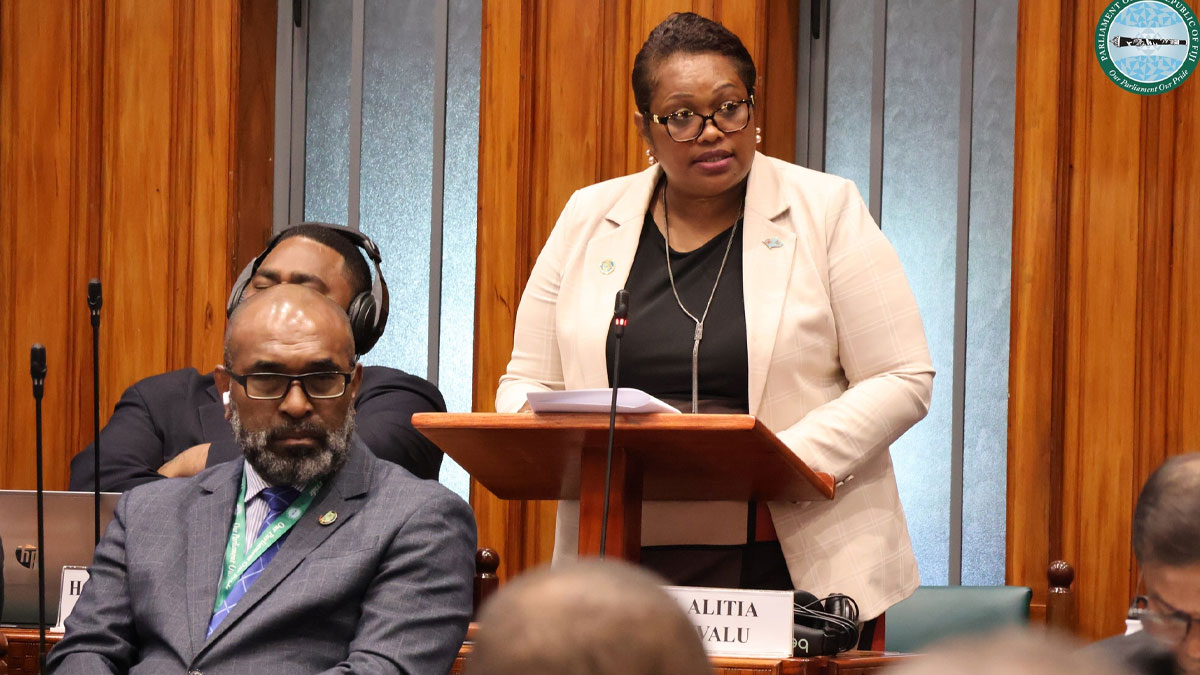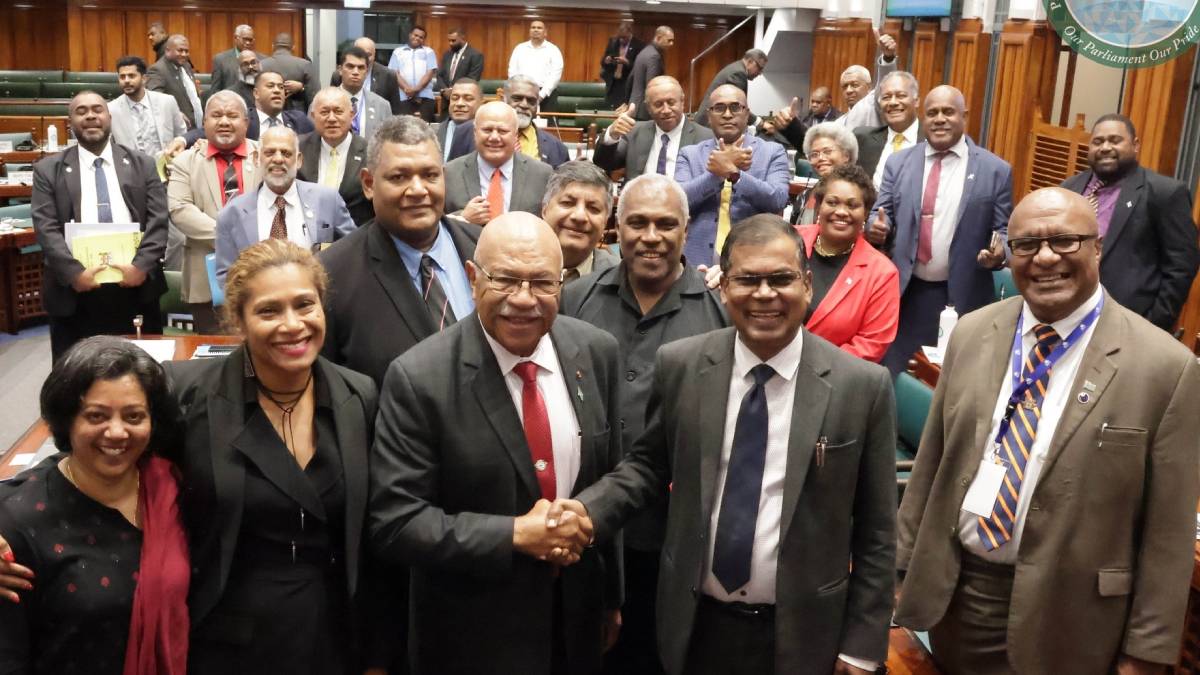
$12.3 million dollars was the total proceeds from the sandalwood trade between 2010-2022 as the Government exported a total of 154,172.00 kilograms of sandalwood with the average price over the period being around $71 a kg, ranging from $35 - $208 a kg with the lower values recorded from 2010-2011.
This was highlighted by Minister for Fisheries and Forestry Alitia Bainivalu in Parliament as she delivered her statement on the progress of the development of sandalwood in Fiji.
Bainivalu says from 2012-2016 the value went above $100 a kg, and reaching more than $200 a kg in 2015-2016 and the value declined to around $83 a kg in 2017, the value, overall, was on an increasing trend over the 9-year period.
She says the sandalwood trade was on hold in 2020 due to the global coronavirus endemic, however, trade recommenced in 2021 with prices hovering below $100 a Kg.
Bainivalu stressed that they have three main species of sandalwood that they are promoting, and these include their native sandalwood, Santalum yasi, the Indian sandalwood, Santalum album, and a cross breed between Santalum yasi and Santalum album known locally as the Santalum hybrid.
The buyers of Fiji’s sandalwood included Dubai, Hong Kong, China, Australia and Taiwan.
According to her, the current evidence suggests that the market outlook and prices of sandalwood of high quality will remain very strong for at least the next 5 years.
Furthermore, she stressed that the Fiji Government has continued to support the development of sandalwood under a capital project, investing $1 million over a decade now in the revitalization of sandalwood development nationally.
Under the initiative, over 132 hectares of sandalwood woodlots have been planted with over 58,000 sandalwood trees and in addition, a total area of 31.4 ha was planted with sandalwood using the agroforestry system integrated with other timber and fruit trees.
The fund was mainly used for the sandalwood grower’s consultation in the three divisions (Central, Western, and Northern), with the main objective of establishing a Sandalwood Growers Association that will protect the interest of the farmers.
Opposition MP, Semi Koroilavesau questioned the Minister for Fisheries and Forestry on the status and progress of the indigenous trees considering Fiji has concentrated on the introduction of high-value species in our country.
In response, Bainivalu stressed that Fiji is not new in this industry dating way back to the 1950s, the main outcomes of which are the pine and mahogany plantations, now the mainstay of the timber industry.
She says the 30 million trees in 15 years tree planting campaign is looking positive for the Government.
Bainivalu highlighted in addition to their reforestation efforts, they have also been working on the protection and conservation of our native tree species, mainly because of both their significant importance in maintaining our rich biodiversity and also because of their social and cultural importance to our people.
Stay tuned for the latest news on our radio stations

